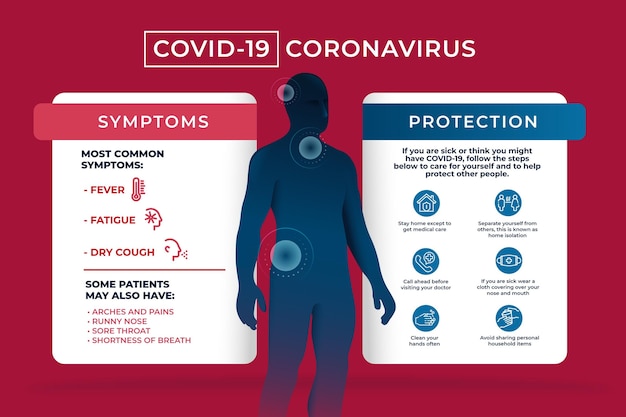We often brush off subtle changes in our bodies—fatigue, bloating, mood swings—as just part of life’s rhythm. But sometimes, these seemingly minor shifts are early warnings from your body that something needs attention. While not every ache or irregularity signals a serious issue, certain symptoms—especially when persistent or sudden—warrant a conversation with your doctor.
The idea of a 'normal' body can be tricky. Everyone’s baseline is different. What’s typical for one person might be a red flag for another. Instead of comparing yourself to others, focus on changes in your own patterns. A shift from your personal norm—like energy levels, digestion, or mood—can be more telling than any textbook definition of 'normal.'
Your gut is a powerful indicator of overall health. Occasional bloating or irregular bowel movements happen to everyone. But if you notice ongoing changes—like chronic diarrhea, constipation, blood in stool, or sudden food intolerances—it’s time to talk to a doctor.

These could signal conditions like irritable bowel syndrome (IBS), inflammatory bowel disease (IBD), or even early signs of colorectal issues. Don’t let embarrassment keep you from discussing bowel habits—doctors are trained to listen without judgment.
Feeling tired after a busy week? Normal. But if you’re consistently exhausted—even after a full night’s sleep—it could point to underlying issues like anemia, thyroid disorders, sleep apnea, or chronic fatigue syndrome.
Pay attention if fatigue interferes with daily life. Tracking your sleep, diet, and energy levels can help your doctor identify patterns and potential causes.
Mental health is just as important as physical health. If you’re experiencing prolonged sadness, anxiety, irritability, or feelings of hopelessness, it’s worth discussing with your doctor. These could be signs of depression, anxiety disorders, or hormonal imbalances.
Even if you're unsure whether it's 'serious enough,' bring it up. Early intervention can prevent symptoms from worsening. And if you're having thoughts of self-harm or suicide, seek emergency help immediately by calling 988 or your local crisis line.
For those who menstruate, cycle changes are common—but drastic shifts shouldn’t be ignored. Heavy bleeding, severe pain, missed periods, or unusually sore breasts could indicate conditions like polycystic ovary syndrome (PCOS), endometriosis, or hormonal imbalances.
Similarly, a sudden drop or spike in libido, even without other symptoms, can reflect underlying health issues—from stress to thyroid problems—and deserves a check-in with your healthcare provider.
Leaking urine when you laugh, cough, or exercise isn’t something you just have to live with. Known as urinary incontinence, it can affect quality of life and may indicate pelvic floor weakness, infection, or other conditions.

Any leakage that causes discomfort or embarrassment should be discussed with a primary care provider or specialist. Treatments are available, and early discussion can lead to better outcomes.
Occasional headaches are common, but if they’re increasing in frequency, severity, or disrupting your life, it’s time to consult your doctor. Migraines, in particular, can be debilitating and often go undiagnosed.
Keeping a headache diary—recording triggers, duration, and symptoms—can help your doctor determine the best treatment plan, whether it’s lifestyle changes, medication, or further testing.
If you’re sleeping 7–8 hours but still waking up exhausted, you might have an undiagnosed sleep disorder. Signs include loud snoring, gasping during sleep, restless legs, or difficulty staying asleep.
Chronic poor sleep is linked to heart disease, diabetes, and mental health issues. A sleep specialist can help identify conditions like sleep apnea or insomnia and recommend effective treatments.
You know your body best. If something feels off—even if it doesn’t match a 'classic' symptom list—don’t dismiss it. Many chronic conditions are easier to manage when caught early.
Prepare for your appointment by writing down symptoms, their duration, and any patterns. Be honest and specific. Your doctor is there to help, not judge.
Health isn’t just the absence of disease—it’s about feeling your best. Paying attention to subtle changes and speaking up early can make a big difference in long-term well-being. If you notice any of these signs, don’t wait. Talking to your doctor isn’t overreacting—it’s taking control of your health.

Health

Health

Health

Health

Health

Health

Health

Health

Health

Wellness

Wellness

Health

Health

Fitness

Health

Health